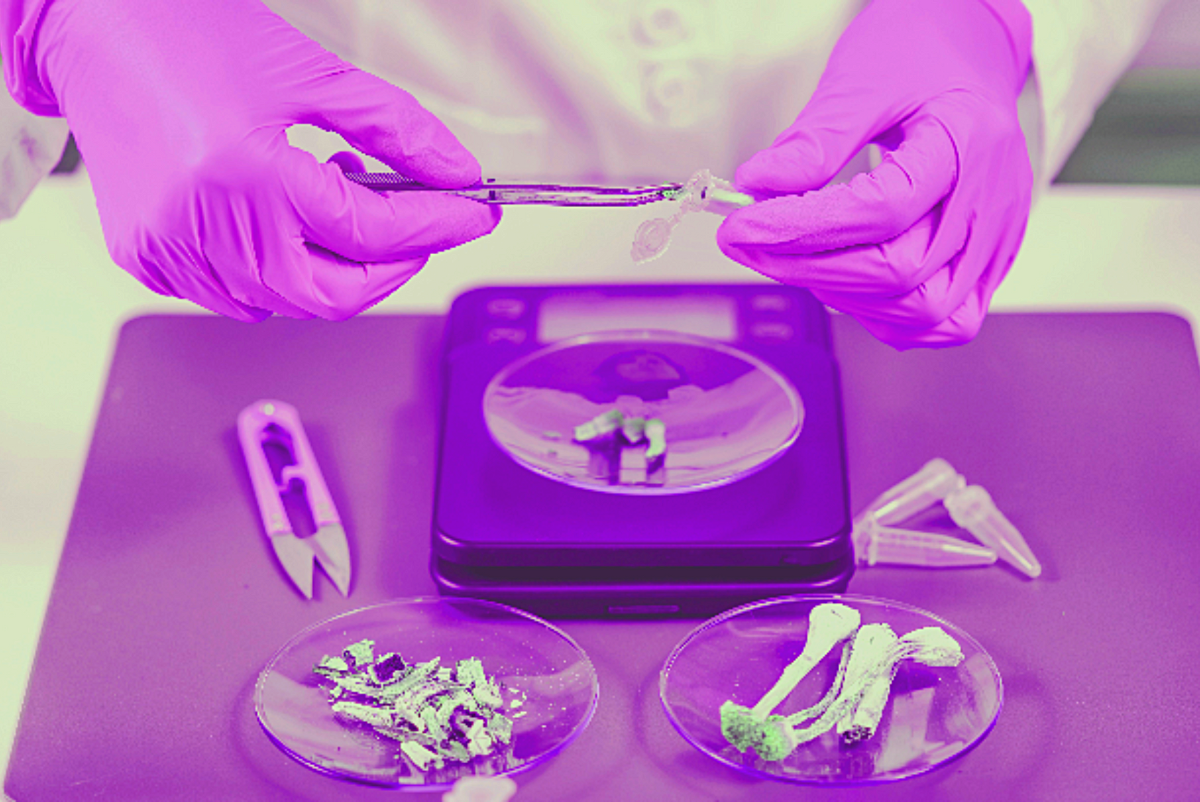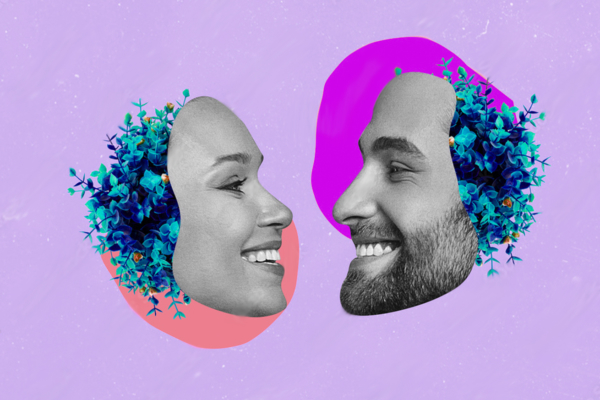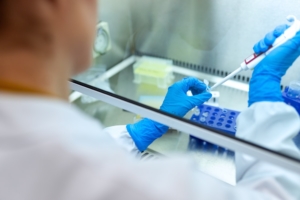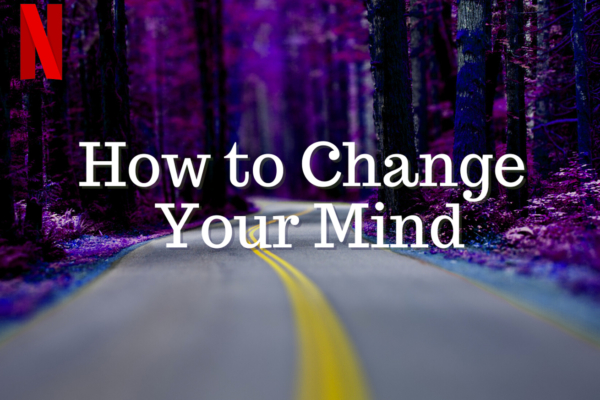
When will psychedelics be legalized in the United States? While a simple question, it has many different answers, depending on exactly what you are asking. If you mean when will substances such as psilocybin and MDMA be legalized recreationally, then the answer is probably not for a very long time —though specific states like Oregon and Colorado may move quicker. However, if you are asking when will these drugs be legalized as medicines to treat specific health conditions, then the answer may be soon —very soon. Depending on the results of current psychedelic clinical trials, it could be within the next few years.
To understand why, you have to understand a bit of recent history, and how medicines become legal to prescribe in the United States.
Starting with the latter, to grossly oversimplify, in order for a drug to become a legal medicine, it must pass through the clinical trial system. This is a process with four main steps. First, a drug must be tested for safety and efficacy in animals like mice —this is the preclinical step. If found to be safe and effective, the drug is then tested for safety in a very small group of humans —these are Phase 1 trials. If found to be safe, it can move to Phase 2 trials, where in a group of several dozen people the drug attempts to treat a specific condition, such as depression.
If this trial is found to be effective and safe, the drug can then move to Phase 3 trials, where it again tests the effectiveness of the drug in treating the condition —as well as safety— in a larger group, usually over a hundred people. If the compound passes through two Phase 3 trials, and is found to be more effective or safer than current treatments, with the blessing of the FDA, it can be legalized to treat that condition.
Moving to recent history, over the last decade, drugs such as MDMA, psilocybin and ketamine have been slowly moving through the clinical trial process. All three have completed Phase 2 trials, with stunning results. Now, in 2022, all three are either in, or set to enter Phase 3 trials. Meaning, if the results of their Phase 3 trials match those of the Phase 2 trials, we could soon see MDMA, psilocybin, and ketamine legalized as medicines in specific circumstances.
In this article I will examine three such Phase 3 clinical trials.
Treating PTSD with MDMA-Therapy
Unlike the others on this list, using MDMA-assisted therapy to treat PTSD is already in its second Phase 3 trial. The nonprofit MAPS —the leading institution driving research into psychedelics as medicines— completed its first Phase 3 trial in 2021.
The results were breathtaking.
In it, 88% of participants saw a measured reduction in their PTSD symptoms of 50% or greater, with 67% of participants improving so much that they —according to MAPS— “no longer qualified for a PTSD diagnosis.” However, it must be noted that several participants in the trial have since stated that they were not helped as much as this quote would imply, calling into question the measurement technique.
Nevertheless, the treatment clearly helped many people, even if it was not a panacea. Given these results, MAPS was given the green light to commence its second Phase 3 trial.
In this trial of around 100 participants, MAPS will administer to half the PTSD patients—the other half are in a placebo group—between 80 and 180 mg of MDMA three times over a 12-week treatment period. Each dosing period will be accompanied by therapy, and non-drug integrative therapy will also follow each session.
If this trial sees results roughly equivalent to its predecessor, the FDA will likely greenlight MDMA-assisted therapy to treat PTSD soon after. In fact, if you listen to Rick Doblin, the Executive Director of MAPS, he believes that this will happen as early as 2023.
Treating Depression with Psilocybin-Therapy
Hot on the heels of MDMA is psilocybin, the active ingredient in “magic mushrooms.” During the last three months of 2022, the company Compass Pathways is expected to launch the first Phase 3 clinical trial of psilocybin-assisted therapy, attempting to treat Treatment-Resistant Depression.
This follows their Phase 2b clinical trial attempting to treat the same condition which had good, though not paradigm-shifting, results. In that trial —the world’s largest psychedelic clinical trial to date with 233 patients— those not in the placebo group received 25 mg of psilocybin, a large dose. Three weeks after treatment, 36.7% of patients saw their depression levels fall by 50% or more, though this number dropped to 24.1% 12 weeks after treatment.
While this does not sound all too amazing, we have to understand that patients in this trial had “treatment-resistant” depression, meaning that they had attempted to treat their mental illness at least two times previously. In other words, these were among the hardest patients to treat, for whom current treatments just don’t work. In this context, delivering sustained relief to almost a quarter of them should be considered a win.
Remember, psychedelic medicines are not attempting to be a panacea. Even aiding a quarter of people for whom help is not readily available is a massive benefit to society.
On top of this, the fact that participants had to stop taking their current medications —mostly SSRIs— which many had been taking for years or even decades, may have deflated the results.
There is preliminary evidence that psilocybin-assisted therapy in less severe forms of depression is much more effective, and that patients may safely remain on their SSRIs while undergoing psilocybin therapy —though more evidence is needed before we can definitively make either of these claims.
Nevertheless, if Compass’ first Phase 3 trial comes back effective, and then follows it up with a second Phase 3 trial, according to Rick Doblin, we could see psilocybin therapy for depression legalized as early as 2024.
Treating Alcohol Use Disorder with Ketamine-Therapy
Unlike MDMA and psilocybin, ketamine can already be used legally as a medicine in the US, as it has been an anesthetic for decades. Though not meant for mental health treatments, practitioners can legally use ketamine-assisted therapy “off label” to treat everything from depression to PTSD.
Nevertheless, it is essential that we get good clinical evidence that this treatment actually works, adding to the mountains of anecdotal evidence.
It is within this context that the company Awakn Life Sciences is launching a Phase 3 trial attempting to treat Alcohol Use Disorder with ketamine-assisted therapy. This trial will likely start treating its approximately 280 patients in early 2023, and follow-ups will be conducted 6 and 12 months after treatment.
This Phase 3 trial follows Awakn’s Phase 2 trial, where patients received three ketamine infusions of 0.8 mg/kg of body weight, delivered by IV.
The results were phenomenal.
Of the patients in the treatment plus therapy group, 86% of people addicted to alcohol were abstinent from the demon-drink 6 months post-treatment, compared to only 2% before the trial began. Furthermore, in the 180 day period after treatment, patients averaged 162 days of abstinence, and the risk of relapse was 2.7 times lower for those who received the ketamine-assisted therapy.
Perhaps most important, was the decrease in the risk of mortality. According to Awakn, “1 in 8 patients would have died within 12 months without treatment, that number decreased to 1 in 80 following the treatment.”
If their Phase 3 trials prove equally as effective, though ketamine-therapy can already be used to treat Alcohol Use Disorder, we will likely see the rates at which it is prescribed skyrocket, perhaps helping millions of people.





